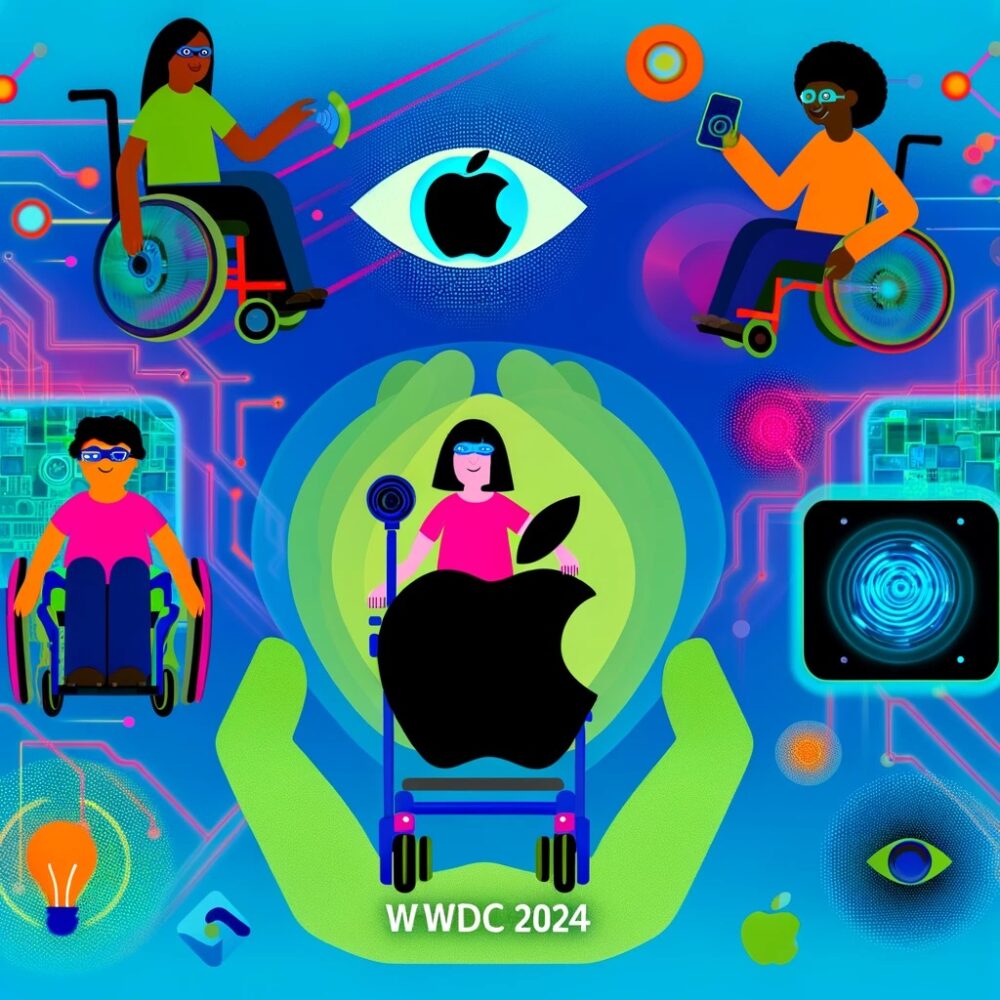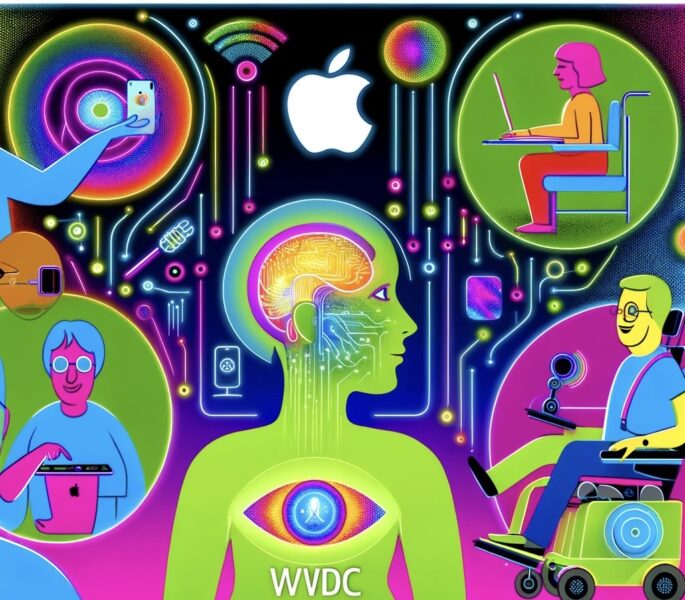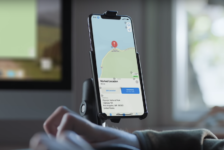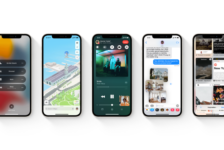As Apple prepares to launch new AI-infused operating systems at WWDC 2024 in a couple of days from now, it’s essential to consider what these advancements could mean for accessibility users. Current tech solutions for disabled people, while helpful, often fall short in delivering efficient and frustration-free communication.
This blog post explores the potential of AI to transform technology and enhance the lives of those with severe and complex disabilities.
Limitations of current accessibility technology
Existing tech solutions that disabled people rely on for communication, such as Apple’s Voice Control, often fail to meet their needs effectively. These tools can be slow and inaccurate, disrupting the flow of conversation and causing significant frustration. I often struggle to dictate a social media post, WhatsApp message, or email using Voice Control. Typing letter by letter with eye tracking tech or switch control can also be cumbersome and time-consuming, further slowing communication.
Dread of progression and inadequate solutions
I know from personal experience as disabilities progress, the fear of what might come next can be overwhelming. Current technologies often fail to deliver the efficient and instant communication that disabled users crave, and most other people expect . The slow and laborious process of typing letter by letter with switch inputs, or inaccurate and unproductive voice dictation, disrupts the natural flow of conversation, making communication challenging and frustrating.
Optimism for AI’s potential in accessibility
Earlier this year, I discussed the potential of AI to alleviate these frustrations for people with severe and complex physical disabilities. Personalised speech recognition can make it easier for people with atypical speech to dictate a message; email, or interact with a smart speaker. Powered by on-device AI, this kind of speech recognition technology has the potential to make communication more intuitive and efficient, enhancing communication flow.
AI can anticipate user intentions, delivering quicker and more precise word and phrase suggestions, and AI algorithms can adapt to user preferences and habits, further improving prediction, accuracy, and speed.
For people with physical disabilities, AI can enhance input methods like activating Siri on the Apple Watch making them more efficient and user-friendly
Upcoming accessibility improvements from Apple at WWDC 2024
Apple’s upcoming accessibility improvements, set to be released in beta as part of iOS 18, macOS, watchOS, and more, are promising. Features like Vocal Shortcuts, Listen for Atypical Speech, and improved Voice Control are expected to significantly benefit those who struggle to interact with their Apple devices daily.

AI’s role in creating intuitive interfaces
While AI might not solve all accessibility problems immediately, it holds great promise for creating more intuitive interfaces. AI-infused technology can better match user needs, and improve efficiency. This will lead to smarter, more personalised solutions for the challenges disabled people face when interacting with technology.
Anticipation for WWDC 2024 and the future of accessibility
As we approach WWDC 2024, excitement builds for the launch of Apple’s updated operating systems. I believe that what Apple will unveil on Monday will usher in a new era of accessibility and ease of communication for disabled people . As someone who has advocated for improvements in how disabled people communicate on Apple’s devices for the past five years, this moment is incredibly gratifying.
Conclusion
The integration of AI into Apple’s operating systems marks a significant step forward for more accessible technology. By addressing current limitations and enhancing communication efficiency, AI has the potential to transform the lives of disabled people . Stay tuned for updates from WWDC24 and the exciting advancements Apple has in store for disabled people.






